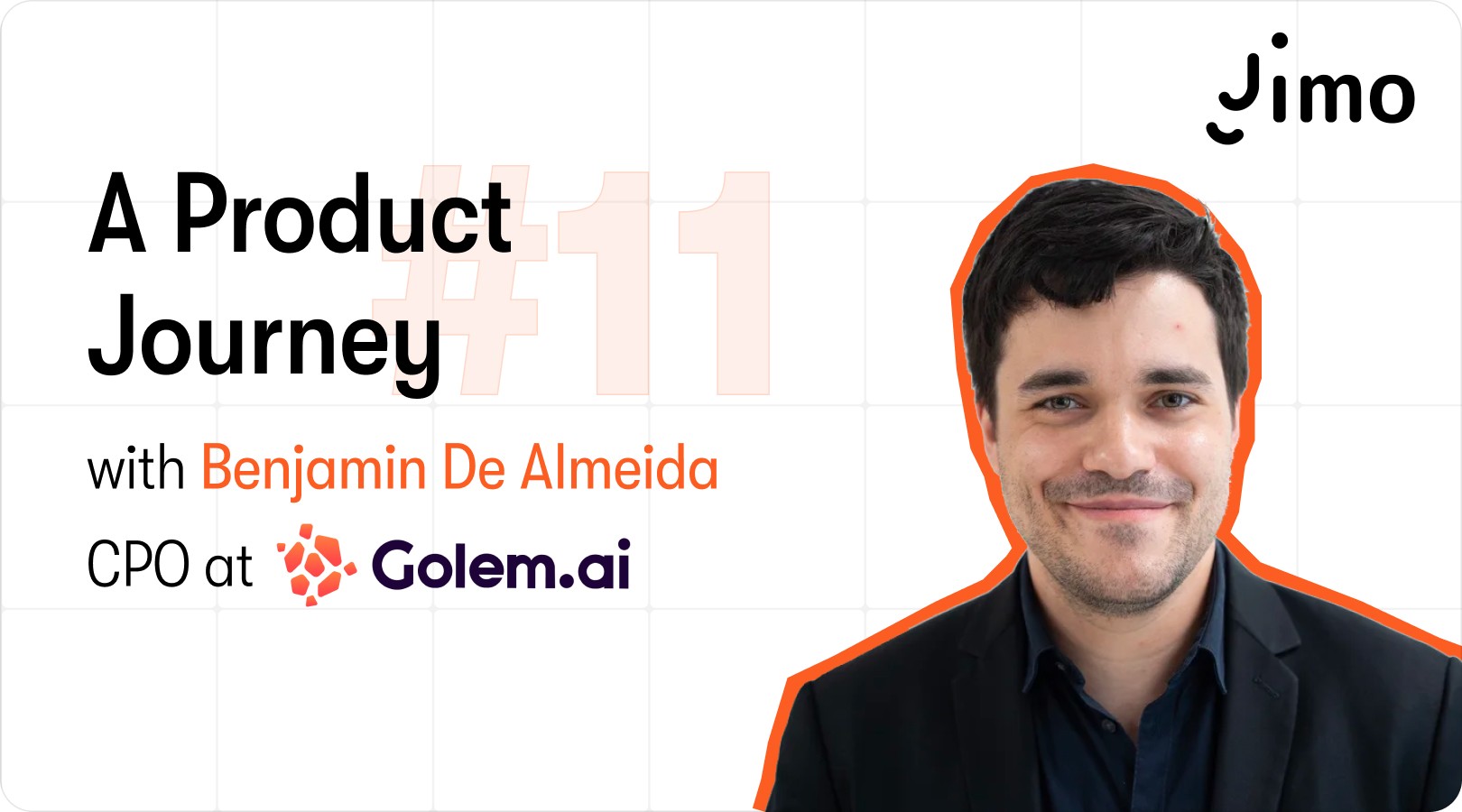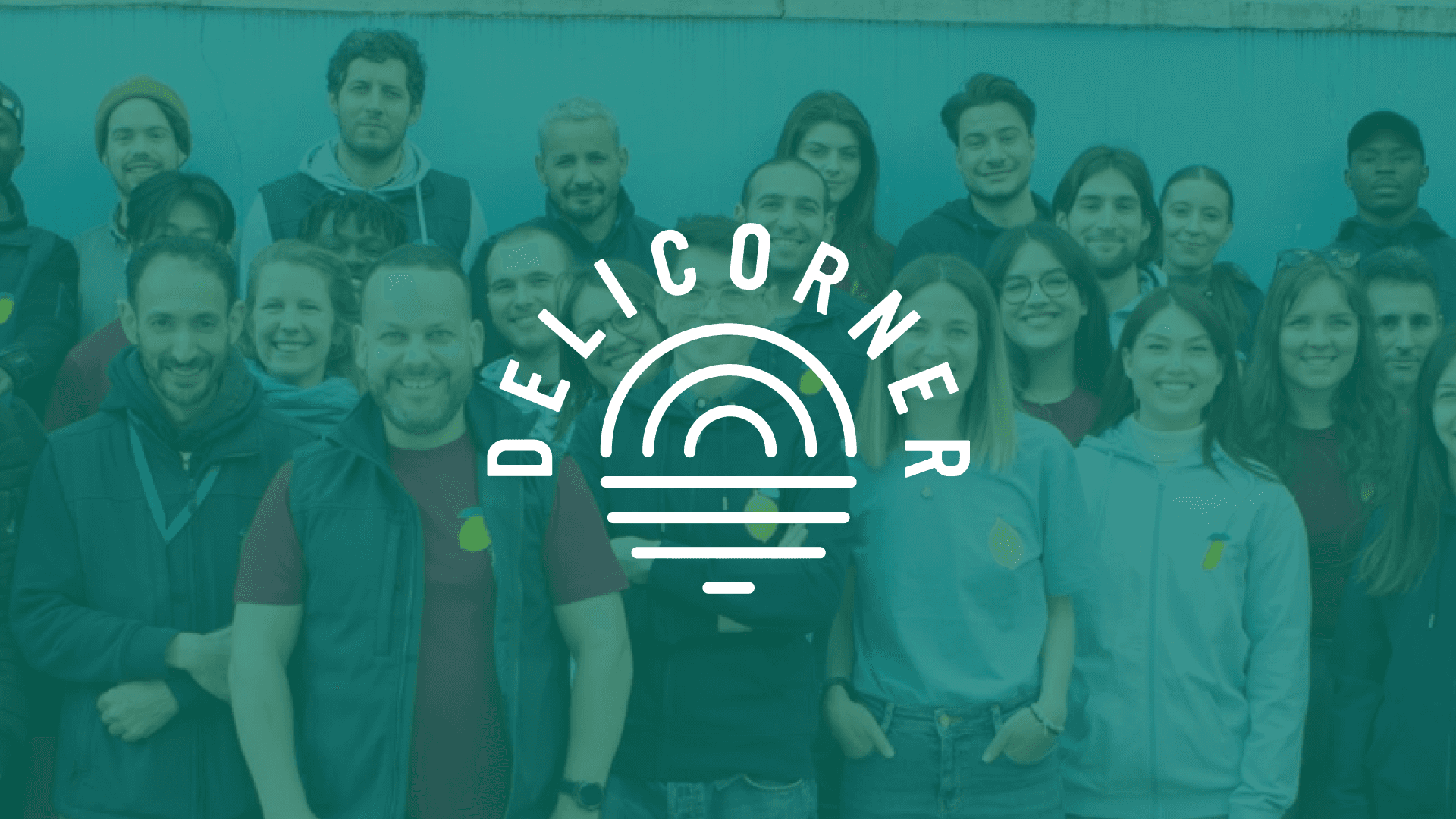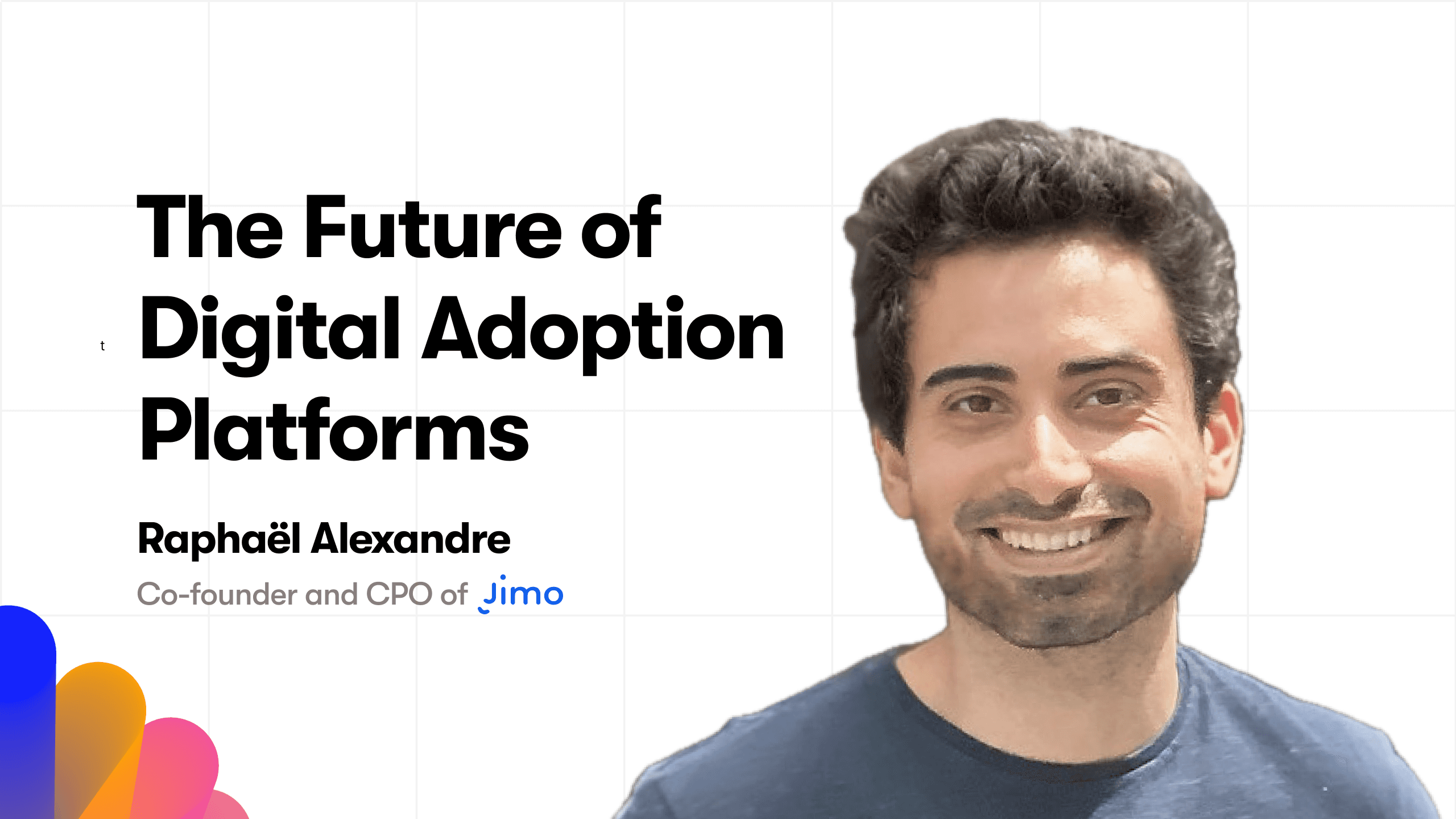Hi Benjamin, can you share your journey and experiences that led you to become the CPO at Golem.ai?
Certainly! My journey into the world of product management began after graduating from Epitech in France. Initially, I worked as a software developer consultant at Extia and spent considerable time at Euronext at the Paris Stock Exchange. However, the turning point in my career came when I decided to channel my technical skills into product management. This decision was driven by my desire to have a broader impact on business strategies and product outcomes. I joined Golem.ai, a startup that was an extension of my final year project, collaborating closely with Killian Vermersch and Thomas Solignac, two of the co-founders. Starting as a Product Owner in a startup of just eight people meant wearing many hats and being deeply involved in every facet of the product development process. Over time, as the company grew, my role evolved significantly from Product Owner to Product Manager, and eventually to Chief Product Officer, allowing me to shape our product strategies and growth on a much larger scale.
Has your background as a developer influenced your approach to product management?
Absolutely, my technical background has significantly influenced my approach to product management, especially in a tech-driven field like AI. It has enabled me to deeply understand the technological capabilities and limitations of our projects, which is crucial when managing complex AI-driven products. This understanding helps in prioritizing product features and enhancements more effectively, ensuring that we are not just technologically advanced but also aligned with market needs. However, there's a caveat; being from a tech background can sometimes lead to a bias towards solutions rather than focusing initially on the problem. To counter this, I've learned to take a step back and focus rigorously on the user problems we are solving, ensuring that our solutions are not just technologically sound but also commercially viable and truly address the needs of our customers.
In a few words, could you introduce Golem?
Golem.ai started as an ambitious project to develop a Natural Language Understanding (NLU) tool, well before the current popularity of large language models like GPT. We initially tested our NLU capabilities across various use cases and eventually honed in on developing products that best utilized our AI's strengths. Today, Golem's flagship product, InboxCare, is designed to enhance enterprise customer relations by efficiently processing and responding to customer communications. What sets our AI apart is its reliability and the ethical framework it operates within—our AI is energy-efficient, does not retain customer data, and provides explainable outputs, ensuring that clients can trust the technology comprehensively.
AI-based products often require a different approach compared to traditional platforms. What are the main product challenges when developing an AI-powered product?
Developing AI-powered products presents unique challenges, particularly around user expectations and the integration of AI into usable products. Initially, the challenge was to educate the market about what AI can realistically achieve. However, with the rise of technologies like ChatGPT, there's a new challenge: managing expectations that AI can do everything. At Golem, we focus on creating products that leverage AI to solve specific problems rather than using AI just for the sake of innovation. This means continually balancing between innovating new solutions and ensuring those solutions remain practical and grounded in real user needs.
How do you keep your product development agile and responsive face to this fast-growing market?
Keeping pace with rapid technological advancements requires a proactive approach to research and development. At Golem.ai, we maintain a keen focus on emerging technologies and continuously evaluate how they can enhance or transform our product offerings. This involves a combination of staying updated through continuous learning, engaging with the tech community, and experimenting with new technologies in pilot projects before fully integrating them into our core products. It's about finding the right balance between innovation and reliability—ensuring that our products not only incorporate cutting-edge AI capabilities but also remain stable and dependable for our users.
Thanks a lot Benjamin!





